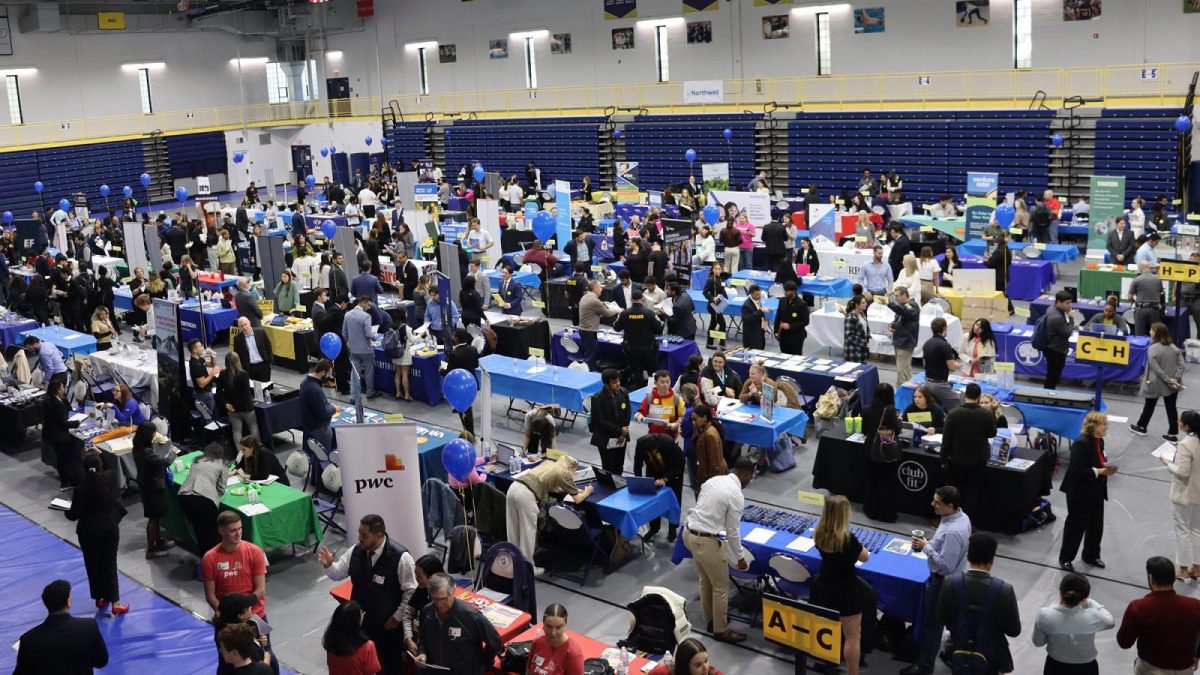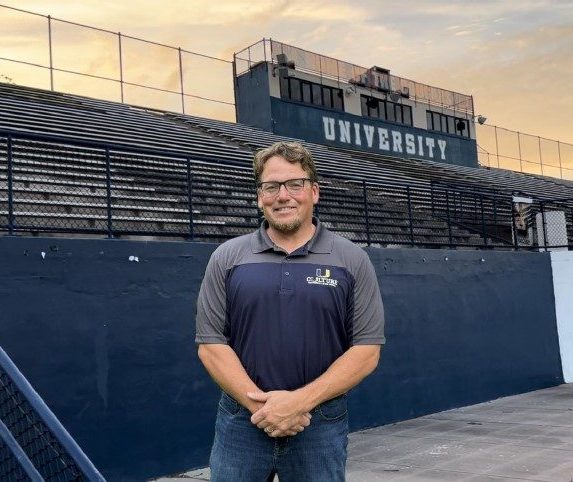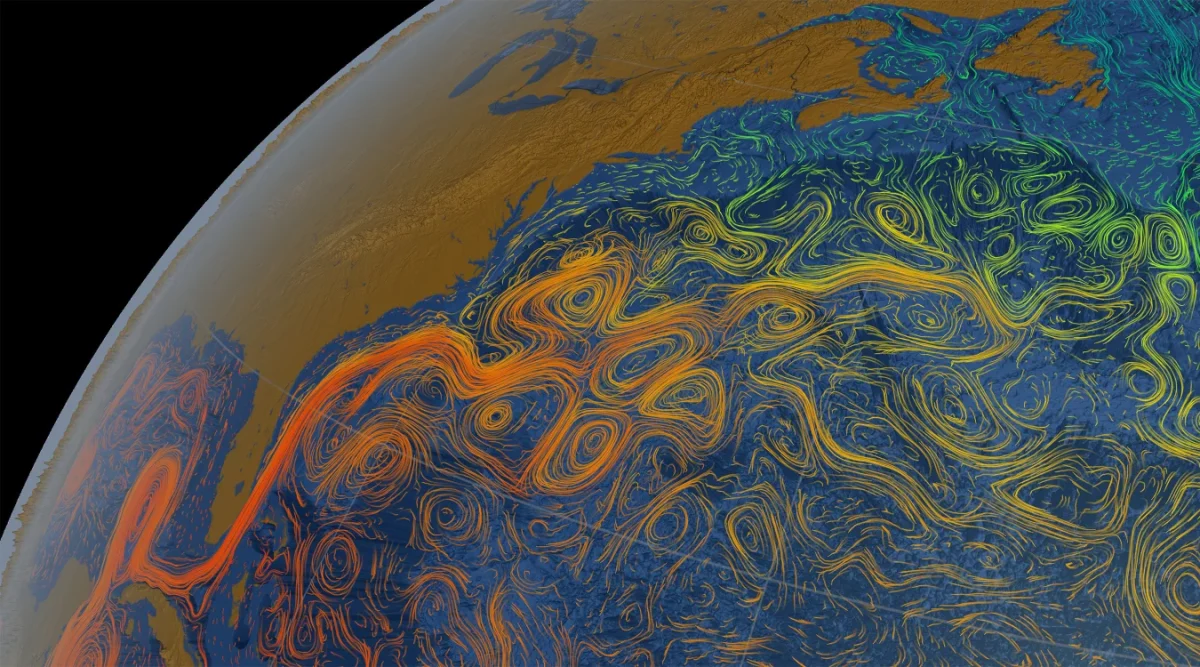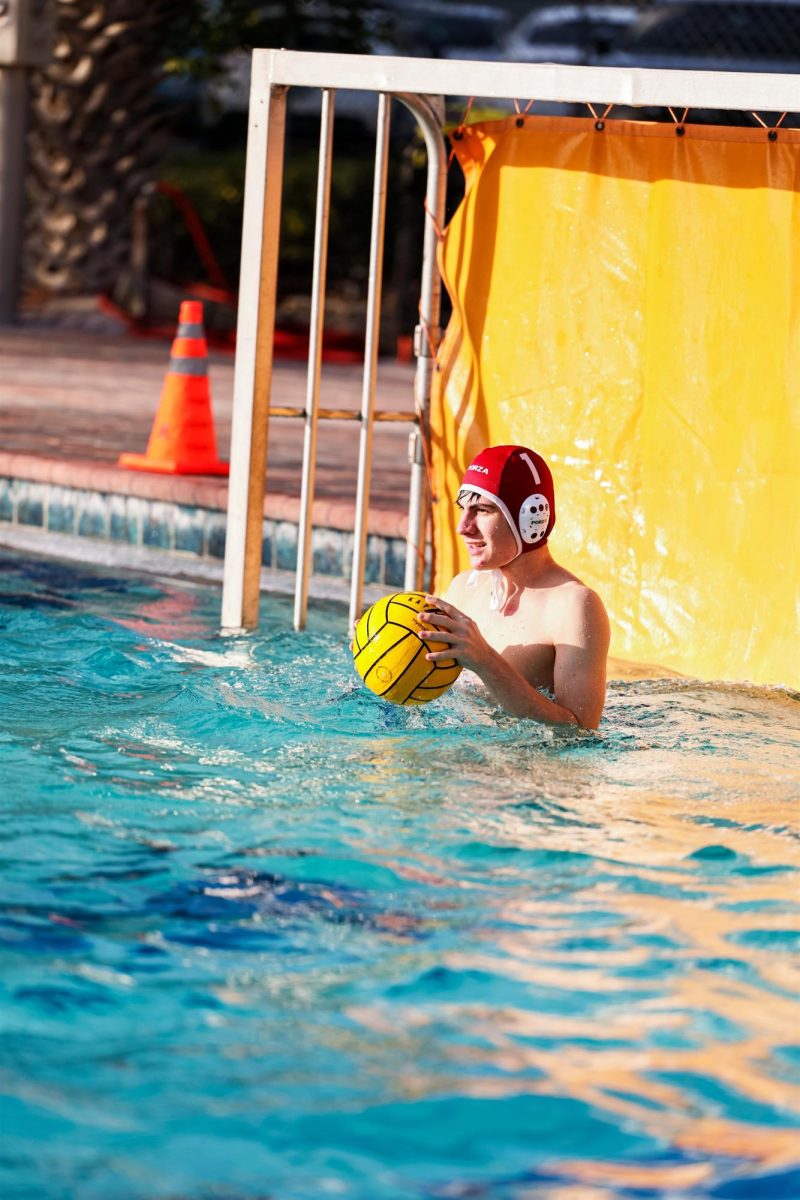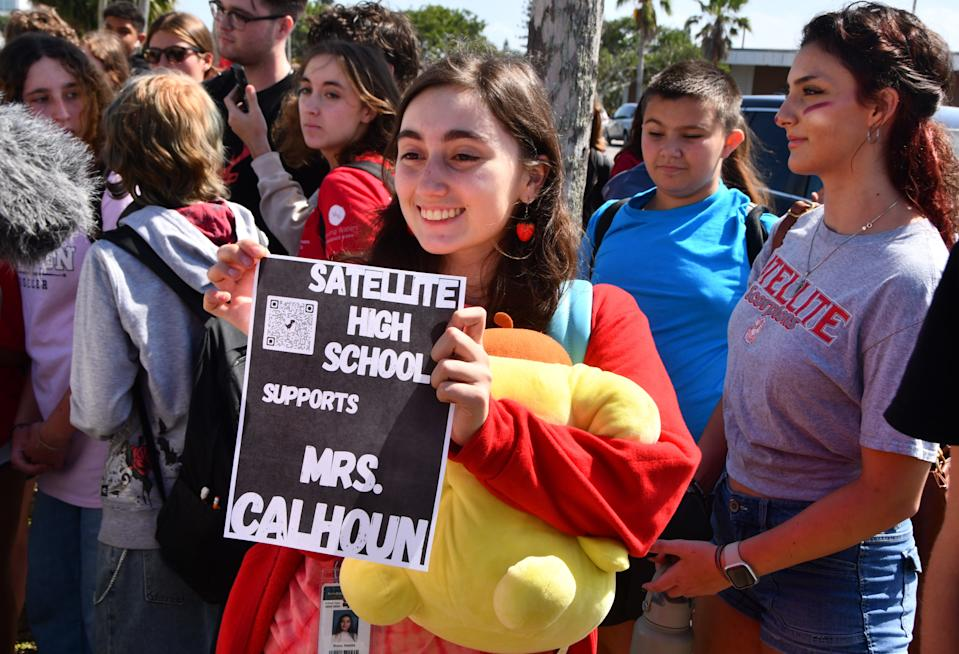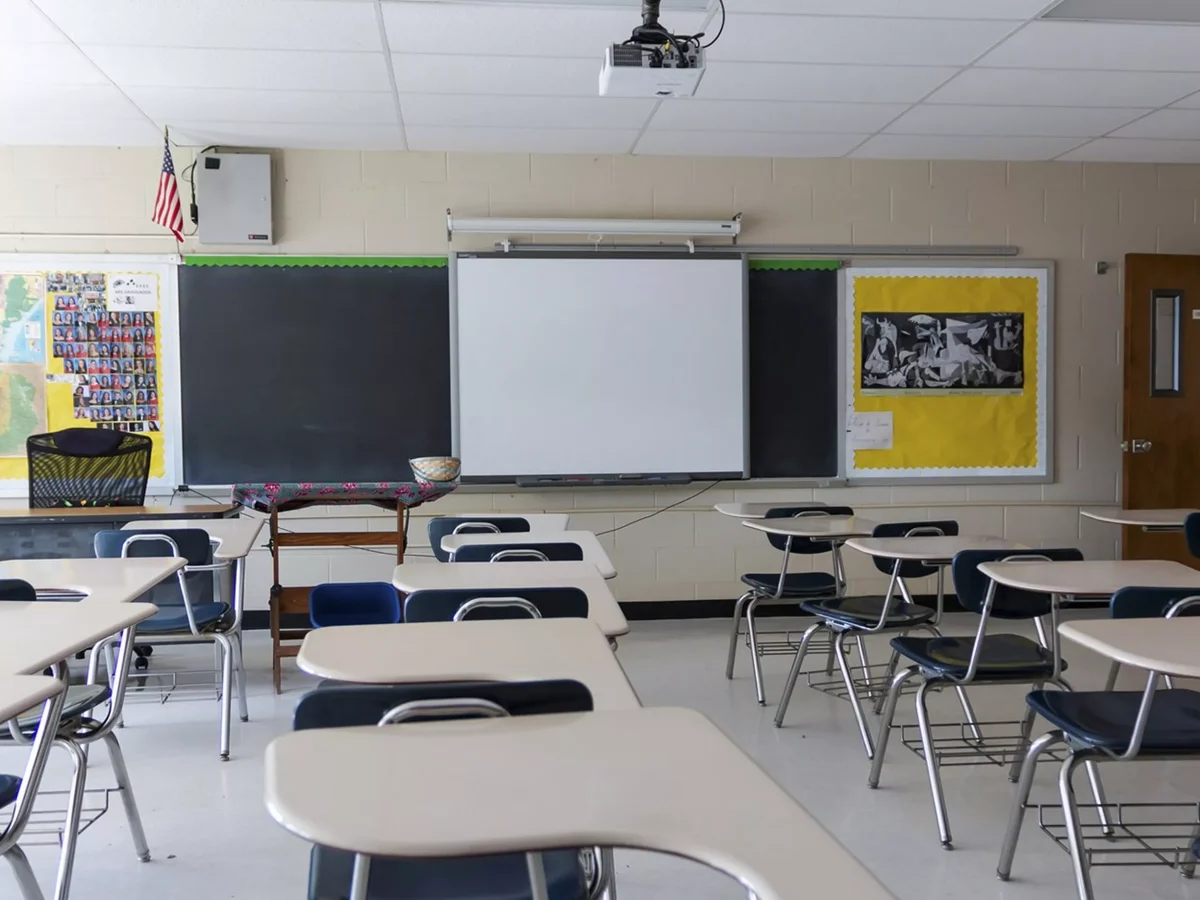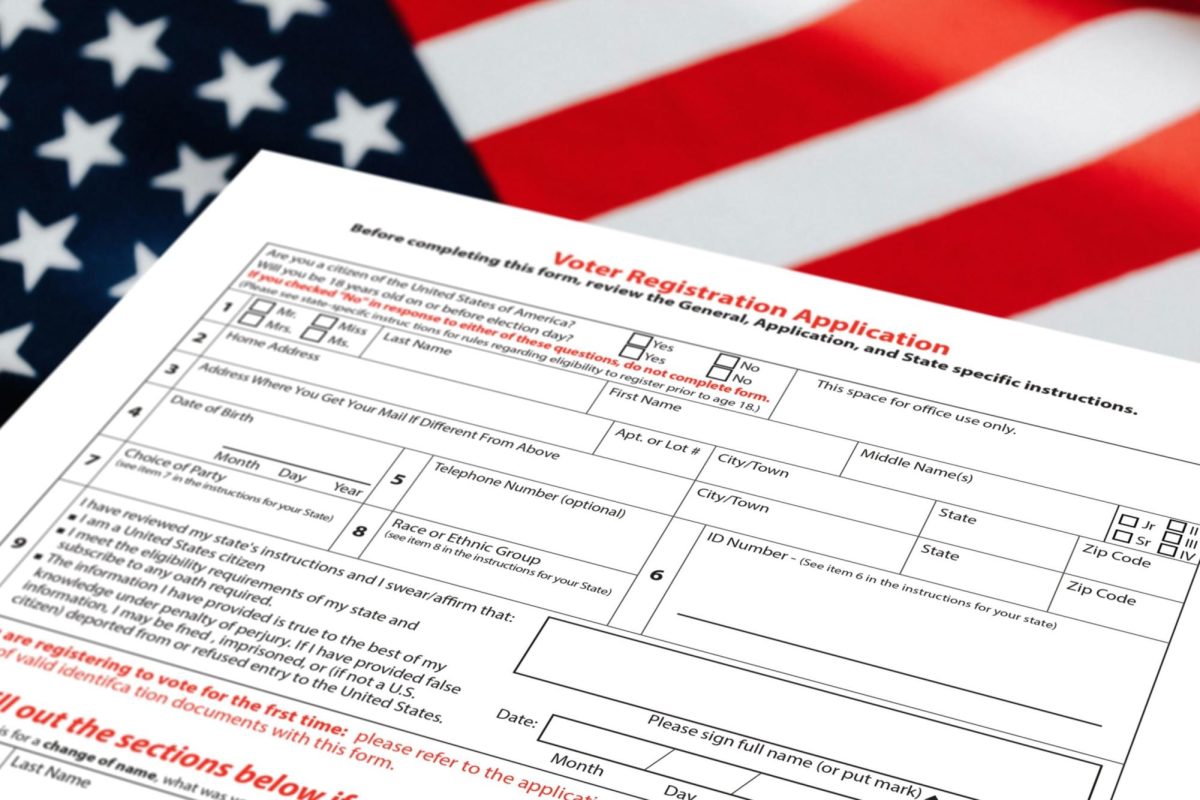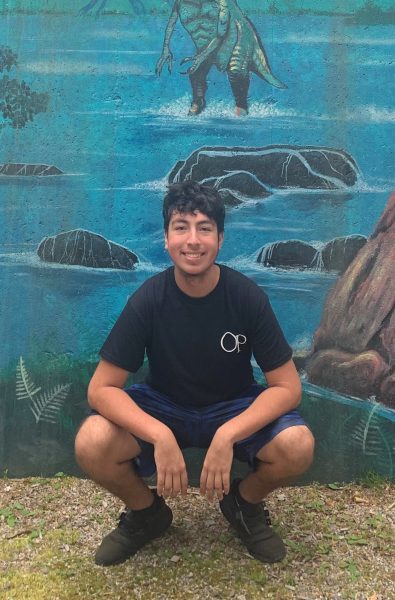
Earth is full of resources that seem endless, from trees, sand, and even to even water. But so much of this water is being used by AI to cool down the machine that runs its program and prevent it from overheating that there is concern that this technology and its seemingly endless ‘thirst’ could lead to a water crisis if new cooling technology is not created.
One of the leading AI systems, ChatGPT, comes from a company called OpenAI which is dedicated to making developments in the AI field. This AI consumes approximately 500 milliliters of water for every 10 to 50 questions asked by the user. This amount of water being used is equivalent to a standard 16oz water bottle. This water is being taken from a local water supply, but after it’s used it evaporates into the atmosphere where it falls down as rain.
This cooling technique raises concerns due to an already limited amount of water on Earth being consumed at an alarmingly fast rate. Some of the major tech companies like Microsoft and Google have admitted that the water consumption has gone up significantly in recent years. “Microsoft,the U.S. tech company disclosed that its global water consumption rose by more than a third from 2021 to 2022, climbing to nearly 1.7 billion gallons. It means that Microsoft’s annual water use would be enough to fill more than 2,500 Olympic-sized swimming pools,” said NBC news.
On the other hand, Google is using 5.6 gallons of water in the year of 2022. However, both companies are working hard to give back more water to the world than they take. ““With AI, we’re seeing the classic problem with technology in that you have efficiency gains but then you have rebound effects with more energy and more resources being used,” said Somya Joshi, head of division: global agendas, climate and systems at the Stockholm Environment Institute to NBC news.
While AI technology is causing environmental issues, it has also helped researchers make scientific discoveries over the years. One example of AI helping with discoveries is with rovers and orbiters helping understand Mars better. This has led to us discovering that there used to be water on the surface and that the atmosphere used to be thicker than it is today.
Another AI that is helping locally is called a Marina trash skimmer. This AI works with the ocean waves to collect the trash in the water and when it is done then it will return to a set location to remove the trash there. From there the waste products will be recycled and be ready to be used again since plastic is durable and takes a while to break down.
While AI is getting more technologically advanced and the drawbacks are getting larger. They are the key to making the planet a better place.
